In yet another first for the series, Fire Emblem: Three Houses throws open the class system entirely, letting you mix and match characters and their growth paths in ways not possible before.
Requirements for classing up have changed too, meaning you have to think about more than whether to level up right away at level 10 or wait until 20.
That level of freedom can sometimes be a bit intimidating, so we’ve put together this handy guide covering when to reclass and what to consider when you’re choosing your next class.
How to Reclass in Fire Emblem: Three Houses
Reclassing in Fire Emblem: Three Houses is skill based and level-based. Not only do you need to be at least a certain level depending on the class, but you also need the requisite skill levels and have a Beginner, Intermediate, or Advanced Seal. Master class doesn’t unlock in your class menu until your Professor rank hits rank C.
Here are the level requirements for each class group:
- Beginner — Level 5
- Intermediate — Level 10
- Advanced — Level 20
- Master — Level 30
You can check out skill requirements for each class at those first three levels in the dormitory menu’s Certification Exam section, even if you aren’t planning on reclassing yet
Once you meet a class’s requirements, just choose your character, seal, and class, don’t forget to change to that class after you pass the exam, and you’re good to go.
That’s where the issue comes in: when to do it.
When to Reclass
Unlike some of the earlier Fire Emblem games, there’s not necessarily a huge stat improvement when you reclass, mostly because you don’t get that big leap in stats if you classed up at a lower level anymore.
Since class skills like Canto or Lockpick are tied to specific classes and don’t carry over, nor do your stats carry over from one class to the next, there are really just two things to keep in mind for when you need to reclass.
Skill Growth
The first thing to keep in mind when reclassing is how that class’s skill growth bonuses fit with your future goals
Classes at the Master level unlock once your Professor level reaches C rank, which, depending on how you spend your time, you should be able to do in White Clouds Chapter 4.
Master classes need a Master Seal and a Level 30 character. However, they also combine disparate skill requirements and require more mastery in more areas.
For example, the Mortal Savant requires Reason B+ and Sword A, while the Great Knight must have Heavy Armor A and Riding B+.
As you develop your characters, you’ll find these tend to be mutually exclusive. Those gifted enough in Reason or Faith to make a difference in combat usually don’t have Strength enough to work on Sword or Lance skills in normal fighting.
There are two possible ways to handle this.
The first is reclassing to work on the skills you need. For instance, hopping between Mage and Mercenary to get the necessary proficiency.
Classes above the Beginner level offer skill growth bonuses in certain areas, as you’ll see below. If you’re planning on doing a lot of combat outside the main story — through skirmish battles or Paralogues, for example — then reclassing to boost a certain skill could be feasible.
Unless you’re grinding for class mastery, though, it’s not the most efficient way. The second way to ensure you have the right skills is to plan out how you handle your instruction, group tasks, and goal setting (and you can check out our detailed instruction guide for help with that).
If you don’t want to babysit a magic user trying to gain Sword skills, focus on classes that boost what they are proficient in. Then, set the other skills as your weekly goals, boost them with individual lecture sessions, or both. Skills set as goals grow much more rapidly anyway.
Class Mastery Skills
The other thing to consider is whether you want the mastery skills and abilities from mastering a class.
Each class, including the default Noble/Commoner class, has a skill you unlock when you master that class, and it’s one you can carry with you when you reclass as well.
You can see what class abilities each class has when you’re looking over a Certification Exam’s requirements. You don’t learn what the mastery skills are until you master a class, nor do you get to see what the bonus rates are — well, outside of a guide (like this one).
Here’s a list of all the class mastery skills and abilities in Three Houses. Some are abilities you can equip, and others are Combat Arts you permanently learn.
- Noble/Commonor
- HP+5 (automatic)
- Myrmidon
- Spd+2: Ability
- Swap: Combat Art — Changes places with an adjacent unit.
- Soldier
- Def+2: Ability
- Reposition: Combat Art— Moves adjacent ally to another adjacent grid space.
- Fighter
- Str+2: Ability
- Shove: Combat Art — Shoves an adjacent ally one space further.
- Monk
- Mag+2: Ability
- Draw Back: Combat Art — Unit and selected adjacent ally move back one space.
Intermediate Classes and Mastery Skills
- Mercenary
- Requirements: Sword C
- Skill boost: Sword+2, Axe+1
- Vantage: Ability — If a unit with Vantage has less than 50% HP and is attacked, unit attacks first.
- Thief
- Requirements: Sword C
- Skill boost: Sword+2, Bow+1
- Steal: Ability — Unit can steal an item from foes with lower Speed.
- Armored Knight
- Requirements: Axe C, Hvy Armor D
- Skill boost: Axe+2, Hvy Armor+2, Lance+1
- Armored Blow: Ability — Unit with this ability gains +6 Defense when attacking foes.
- Cavalier
- Requirements: Lance C, Riding D
- Skill boost: Lance+2, Riding+2, Sword+1
- Desperation: Ability – If unit initiates combat with less than 50% HP, a unit’s counterattack will land before the foe attacks.
- Brigand
- Axe C
- Skill boost: Axe+2, Brawl+1
- Death Blow: Ability — +6 Strength when unit initiates combat
- Archer
- Requirements: Bow C
- Skill boost: Bow+2, Sword+1
- Hit+20: Ability
- Brawler (Male only)
- Requirements: Brawl C
- Skill boost: Brawl+2, Axe+1
- Unarmed Combat: — Unit can fight without a weapon
- Mage
- Requirements: Reason C
- Skill boost: Reason+2, Faith+1
- Fiendish Blow: Ability — +6 Magic when unit initiates combat
- Dark Mage (Male Only)
- Requirements: Reason C, Dark Seal
- Skill boost: Reason+2, Faith+1
- Poison Strike: Ability — If a unit lands a hit during combat, foe loses 20% HP after combat
- Priest
- Requirements: Faith C
- Skill boost: Faith+2, Reason+1
- Miracle: Ability — Could survive fatal blow with 1HP (activation based on luck stat)
- Pegasus Knight
- Requirements: Lance C, Flying D
- Skill boost: Lance+2, Flying+2, Sword+1
- Darting Blow: Ability — +6 Attack Speed if unit initiates combat
- Triangle Attack: Combat Art — Requires three flying units adjacent to an enemy
Advanced Classes and Mastery Skills
- Hero (Male only)
- Requirements: Sword B, Axe C
- Skill boost: Sword+3, Axe+2
- Defiant Strength: Ability — when HP drops below 25%, Str+8
- Swordmaster
- Requirements: Sword A
- Skill boost: Sword+3
- Astra: Combat Art — Attacks five times at 30% the usual strength
- Assassin
- Requirements: Sword B, Bow C
- Skill boost: Sword+3, Bow+2
- Lethality: Ability — Could instantly kill a foe (activation depends on Dexterity x 0.25%)
- Assassinate: Combat Art — Instantly kills a foe
- Fortress Knight
- Requirements: Axe B, Hvy Armor B
- Skill boost: Lance+2, Axe+3, Heavy Armor+3
- Pavise: Ability — Could reduce damage from physical attacks except bow attacks by half (activation depends on Dexterity)
- Paladin
- Requirements: Lance B, Riding B
- Skill boost: Sword+2, Lance+3, Riding+3
- Aegis: Ability — Could reduce bow and magic attacks by half (activation depends on Dexterity
- Wyvern Rider
- Requirements: Axe B, Flying C
- Skill boost: Lance+2, Axe+3, Flying+3
- Seal Defense: Ability — Foes attacked by the unit receive Def-6 for one turn
- Warrior
- Requirements: Axe A
- Skill boost: Axe+3
- Wrath: Ability — If a unit is attacked with less than 50% HP, Crit+50
- Sniper
- Requirements: Bow A
- Skill boost: Bow+3
- Hunter’s Volley: Combat Art — Attack strikes twice
- Grappler (Male Only)
- Requirements: Brawl A
- Skill boost: Brawl +3
- Tomebreaker: Ability — Hit/Avo+20 during combat with magic users
- Fierce Iron Fist: Combat Art — Attack strikes three times
- Warlock
- Requirements: Reason A
- Skill boost: Reason+3, Faith+2
- Bowbreaker: Ability — Hit/Avo+20 when using magic against bow-wielding foes.
- Dark Bishop (Male Only)
- Requirements: Reason A, Dark Seal
- Skill boost: Reason+3, Faith+2
- Lifetaker: Ability — Recovers half of damage dealt after defeating a foe
- Bishop
- Requirements: Faith A
- Skill boost: Reason+2, Faith+3
- Renewal: Ability — Recovers up to 1/5 max HP at the beginning of each turn.
Master Classes and Mastery Skills
Since Master Classes don’t unlock or even become visible until your Professor level is high enough, we’ll list the certification requirements here, too.
- Falcon Knight (Female only)
- Requirements: Sword C, Lance A, Flying A
- Skill boost: Sword+3, Lance+3, Flying+3
- Defiant Avo: Ability — +30 Avo when HP is lower than 25%
- Wyvern Lord
- Requirements: Lance C, Axe A, Flying A
- Skill boost: Lance+3, Axe+3, Flying+3
- Defiant Crit: Ability — Crit+50 when HP is lower than 25%
- Mortal Savant
- Requirements: Sword A, Reason B+
- Skill boost: Sword+3, Reason+3
- Warding Blow: Ability — Resistance+6 when unit initiates combat
- Great Knight
- Requirements: Axe B+, Hvy Armor A, Riding B+
- Skill boost: Lance+3, Axe+3, Heavy Armor+3
- Defiant Def: Ability — Def+8 when HP is less than 25%
- Bow Knight
- Requirements: Lance C, Bow, A, Riding A
- Skill boost: Lance+3, Bow+3, Riding+3
- Defiant Speed: Ability — Speed+8 when HP is less than 25%
- Dark Knight
- Requirements: Lance C, Reason B+, Riding A
- Lance+3, Reason+3, Riding+3
- Seal Resistance: Ability — Resistance -6 inflicted on foe if unit lands a hit during combat
- Holy Knight
- Requirements: Lance C, Faith B+, Riding A
- Skill boost: Lance+3, Faith+3, Riding+3
- Defiant Res: Ability — Resistance+8 if HP is less than 25%
- War Master (Male only)
- Requirements: Axe A, Brawl A
- Skill boost: Axe+3, Brawl+3
- Quick Riposte: Ability — Guaranteed follow-up attack if a unit’s HP is greater than 50% and foe initiates combat
- War Master’s Strike: Combat Art — Effective against all enemies and has a high Hit rate
- Gremory (Female only)
- Requirements: Reason A, Faith A
- Skill boost: Reason+3, Faith+3
- Defiant Mag: Ability — Mag+8 when HP is less than 25%
How to Master Classes
Learning what the class mastery skills is great, but you still need to know how to master a class.
You’ve doubtlessly noticed the various meters that show up after combat. The class growth meter is the above the battalion meter, second from the bottom.
Any time your unit initiates combat, it gains class experience. There’s no change to how much experience you gain whether you win the fight or just inflict damage. In other words, you master classes through combat, and it happens naturally over time.
There is a faster way to do it, but it requires some grinding.
On most of your free days, you get the option to engage in skirmish-type battles, and there’s usually one with lower-level units and one with higher-level units.
Choose the one with weaker enemies. Remove weapons from the unit or units you want to raise class experience for (or equip a broken weapon), and let them do most of the fighting.
The fights will take longer, of course, but it’s an easy way to get more class experience without endangering your students.
Finally, you’ll get the option in Chapter 5 to develop the four saint statues in the monastery’s cathedral, after completing a quest related to them. Spending Renown (earned through completing quests and non-story battles) lets you improve a statue, and each offers different bonuses, including extra skill and class growth points.
—
That’s everything you need to know for when to reclass and how to plan out your skills ahead of time, but check out our other Fire Emblem: Three Houses guides to help prepare for the trials ahead.

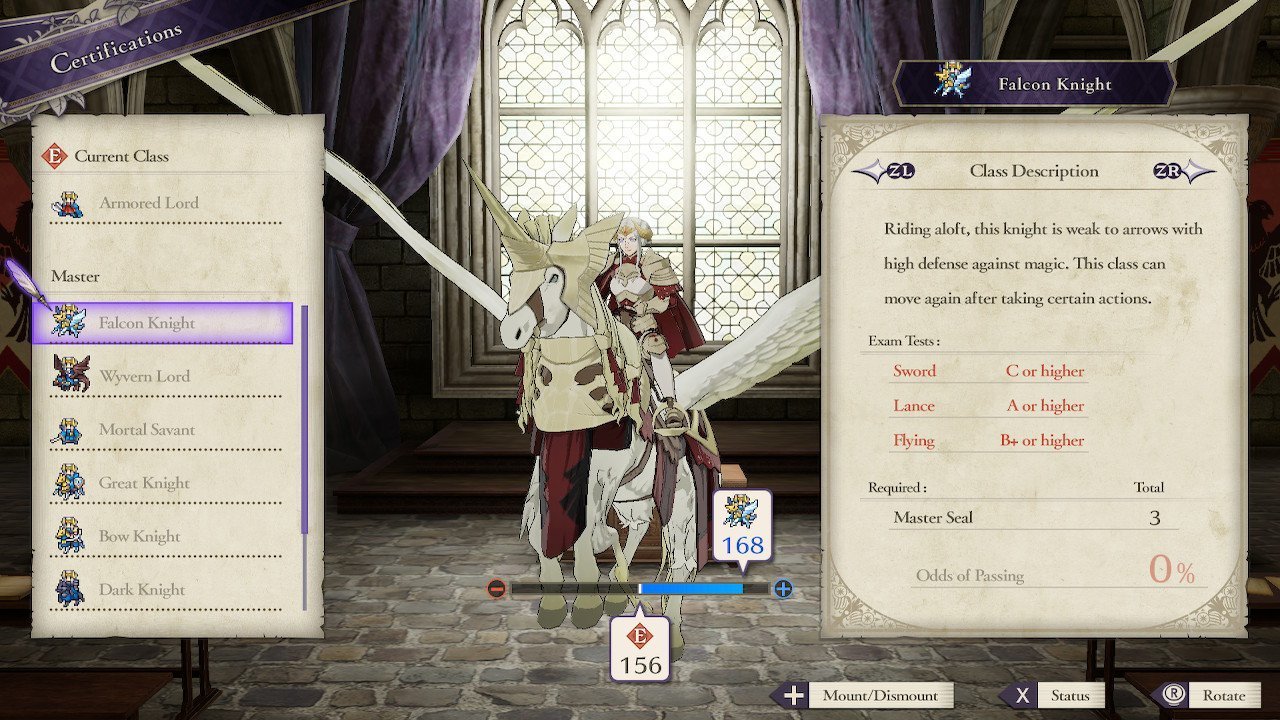
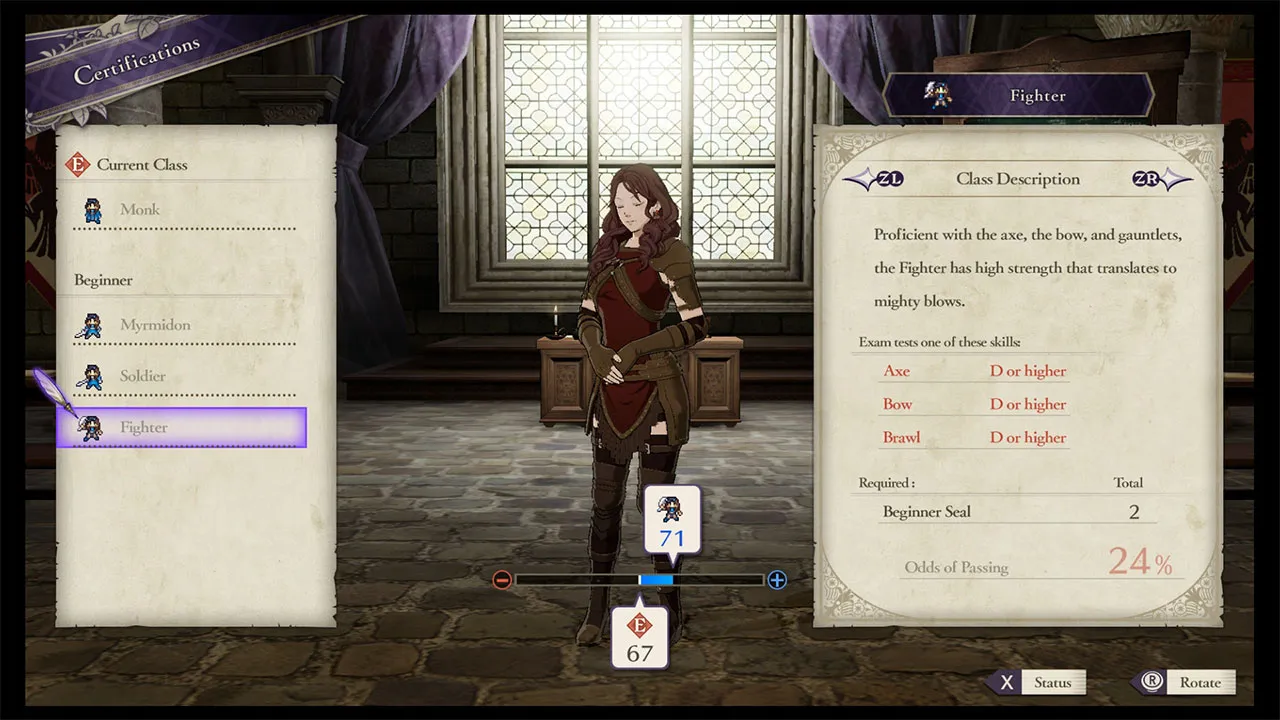
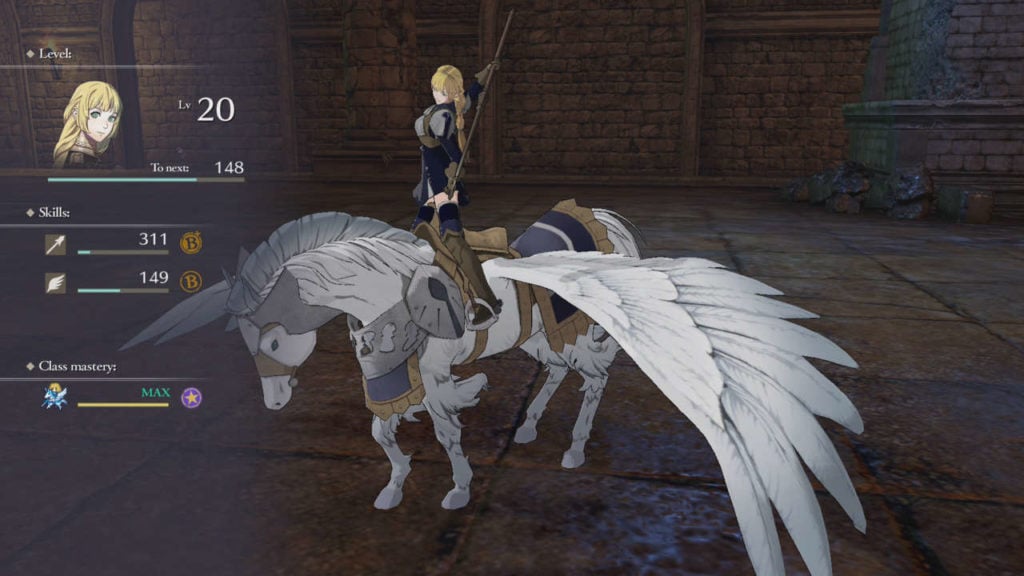



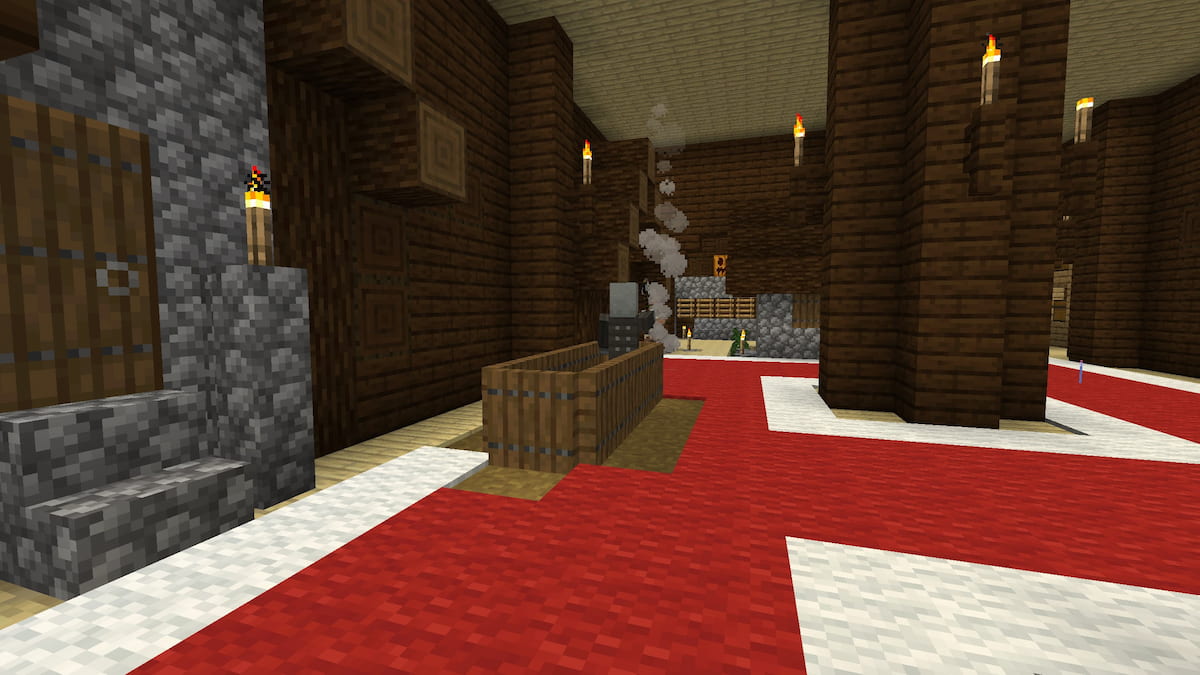

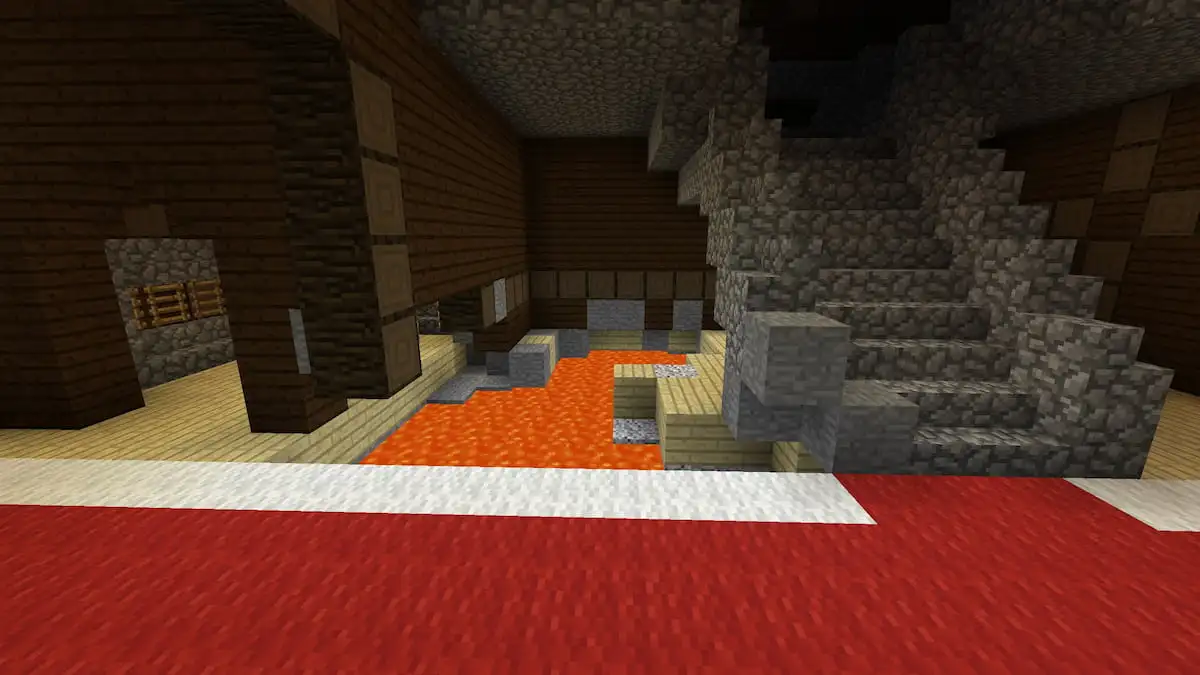

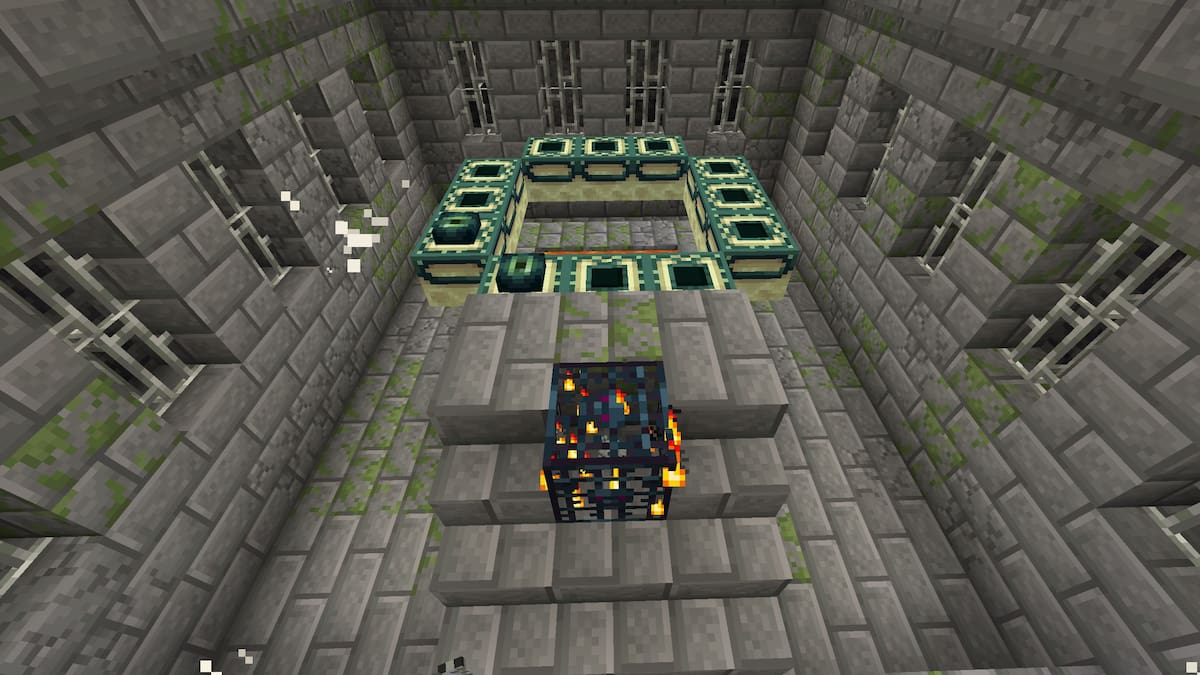
Published: Jul 30, 2019 03:15 pm